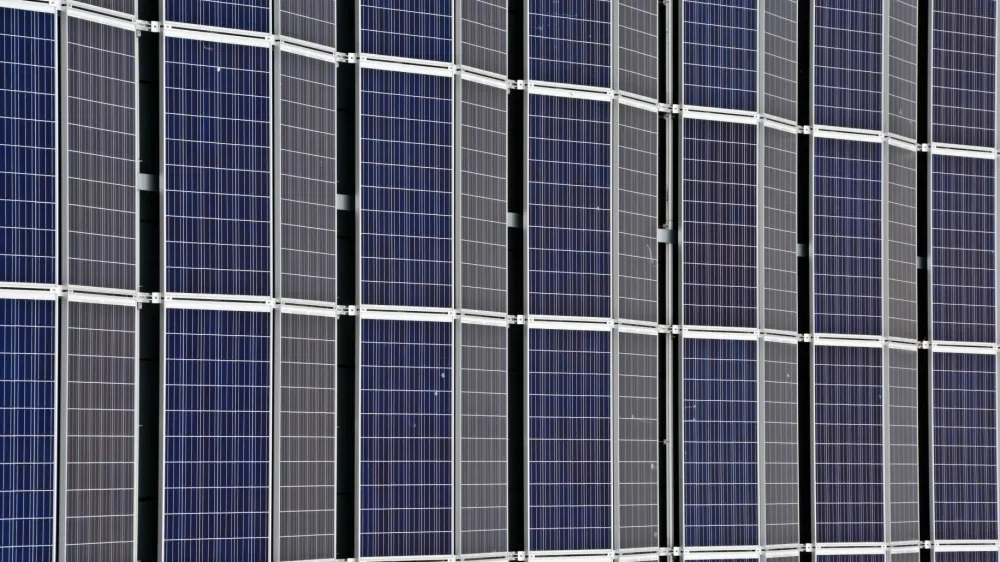
ADB green lights $200m loan for Bangladesh’s energy efficiency
The project involves the installation of around 650,000 smart prepaid gas meters.
The Asian Development Bank (ADB) has approved a $200m loan that will boost the efficiency and energy transition in Bangladesh, a country that heavily relies on natural gas.
In a statement, ADB said the loan will fund the government’s installation of 650,000 smart prepaid gas metres for residential customers particularly in South Dhaka and Narayanganj, in a bid to reduce losses and carbon dioxide emissions by around 400,000 tonnes annually.
“The country’s economy is increasingly vulnerable to the price escalation of imported energy supply, affecting its energy security and industrial production. Reducing wastage and improving the efficiency of domestic gas use in the residential sector is a priority of the government to mitigate the impacts on economic growth and climate change," said ADB Senior Energy Specialist Atsumasa Sakai.
ALSO READ: Bangladesh gets US$418m funding from Europe for renewable energy projects
“Combined with the improved safety awareness program among customers and the promotion of safety standards for gas cooking appliances, the project also aims to reduce gas-related accidents and ensure safe energy access, especially for socially disadvantaged groups, such as women and residential users living in lower-income communities,” Sakai added.
The project will also improve the operational efficiency of the state-owned Titan Gas Transmission and Distribution Company by integrating advanced digital technologies such as smart metres connected with a unified metering data management system, as well as an automated web-based grievance management system.
ADB will also provide technical assistance of $1.75m for the energy transition and methane leakage loss reduction plan for the gas distribution subsector.
The country’s gas distribution networks are mired by old and dilapidated infrastructure, and inefficient gas usage by residential customers, resulting in significant losses.



















 Advertise
Advertise






